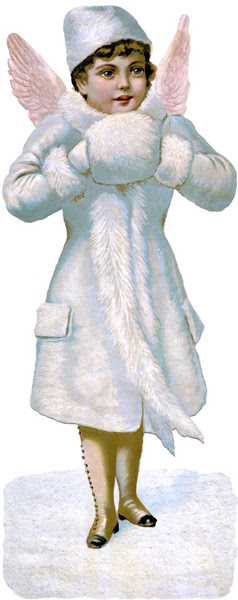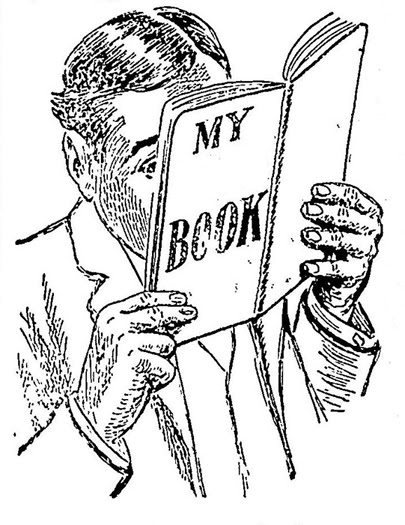Ever read a passage so good it gave you goosebumps? What is that word-magic that can transport a reader to another time, another place?
Two readers kindly shared favorites from their memoirs with us, as examples. Here’s one I loved, from Dana Quinney’s second memoir, Wildflower Woman (and I bet you’ll love it, too!):
Once in a while, a chilling sound would come drifting through the forest, soft and directionless as mist. A low, breathy sound like someone blowing across the neck of a bottle: ahhhh, ahhhh, ahhhh. When we heard this the small hairs would prickle at the backs of our necks and down our arms. This was the voice of a cassowary.
You wanted to keep reading, right?
I could feel the damp, misty air of the forest. I could hear the deep, breathy sound. My nerves prickled at the hint of danger. I wanted to keep reading to find out what was happening. And what the heck was that dangerous critter?!
It seems almost sacrilegious to dissect a passage so beautiful. But why is it that passages like this work so well? How do they hold the power to transport us to that place, to make us feel the author’s feelings?

Here’s another passage, this time from a memoir-in-progress by Candy Wafford:
I would love to say to you that I remember walking out of the bedroom, the way the carpet felt beneath my feet, that my hands grasped the wooden railing along the staircase. But I don’t remember those details. I just remember being in the hallway at the top of the stairs, alone, realizing it was true. Mama was gone. There’s no one to take care of me now.
This example is compelling in a different way. For one thing, the writer is speaking directly to you, as if making you part of a conversation. For another, instead of sharing specific sights or sounds, she lets you share in a feeling – standing at the top of the stairs, shell-shocked and alone.

Writing Tips to Take Away:
So, what’s the magic in passages like the ones shared above? And how can you add a dash of that special something to your own memoir? Here are four simple writing tips:
- Weave in the senses. Evoke images for your reader using sight, sound, smell, touch, and taste. Just not all in the same paragraph, please! This particular dash of magic is best used sparingly.
- Let the shared experiences of life be a bridge to your reader. We’ve all heard the deep, resonant sound produced by blowing across the lip of a bottle. We’ve all had moments when outward details seem to vanish in the shock of unwelcome news. There’s magic in common, humble details and experiences we’ve all shared.

A great graphic. But oh, so “wordy”! A visual reminder that sometimes less is more. (TheGraphicsFairy.com)
- Let less be more. Hinting at something can be far more compelling than stating a bare conclusion. In the passage above, for example, describing the small hairs prickling on your neck is a far more effective way to transport your reader to a moody place than saying, “I felt scared.”
- Sprinkle your work with short sentences. Try leavening longer passages with sentences of just three or four words. “Mama was gone” – how much stronger could that be?! Short sentences say to your reader: “This. This is important.” They give your reader’s eye a chance to pause, to rest. Most of all, they interrupt long, run-on thoughts that turn into wordy, descriptive passages that start to sound like lectures, which ultimately make your reader eager to stop reading and go rearrange their sock drawer. See what I mean?! Short is magic.
Here’s wishing you a magical holiday, filled with love, laughter, friends — and writing!
__________________
Super thanks to Dana Quinney and Candy Wafford for sharing their memoirs-in-progress with us! I hope they’ll also come back and share the links when their new memoirs are done. You can already find Dana’s first memoir, Wildflower Girl, with our AmazonAssociates link: Amazon.com.

